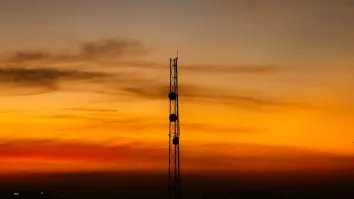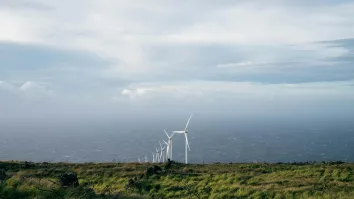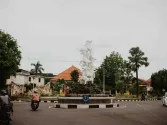
StarHub unveils Singapore's second solar-powered mobile base station
Company also deploys more energy-efficient technologies in 3G radio and core mobile networks.
StarHub on Friday announced the launch of Singapore's second solar-powered mobile base station (BTS) on the IKEA Building at Alexandra Road, following the successful deployment of StarHub's first on StarHub Green at Ubi last year, according to a StarHub report.
The latest BTS system will support all mobile voice and data traffic in and around the Queensway/Jalan Bukit Merah/Alexandra road junction, which includes Anchor Point and Queensway Shopping Centre.
Mr Peter Cook, vice president of StarHub’s Integrated Network Engineering said, “Since our first deployment in August 2009, we have seen a good reduction in energy consumption by at least 58%. Given this success, we are presently looking at alternate ways to reduce our overall reliance on power from the utility grid by off-loading the energy requirements to alternate renewable sources, or upgrading our mobile network with the latest energy-efficient technologies, even as our current network evolves to more advanced ones such as HSPA+ with Dual Carrier, and LTE. Eventually, we believe we can cost-effectively deploy such green or energy-efficient technologies across our entire mobile network.”
For this solution, the solar panels supply the BTS power needs during the day. On cloudy or rainy days, or at night, the BTS will revert to using energy from the utility grid. A single BTS using this solar solution will enable StarHub to reduce its CO2 emissions by about 2.5 tonnes yearly.
Enhancements to 3G radio and core Mobile Networks
In addition to the solar-powered BTS, StarHub announced further mobile network improvements by upgrading its 3G radio network to be more energy-efficient. This upgrade, which utilises the latest fourth-generation base station technologies from Huawei, allows the mobile base station power consumption to be cut by more than 10%. StarHub has also enhanced its mobile core network with the latest technologies from Nokia Siemens Networks, resulting in a reduction in power consumption of at least 40% in this area. Collectively, these initiatives will save on average more than 1000 tonnes of CO2 emissions per year.



















 Advertise
Advertise






